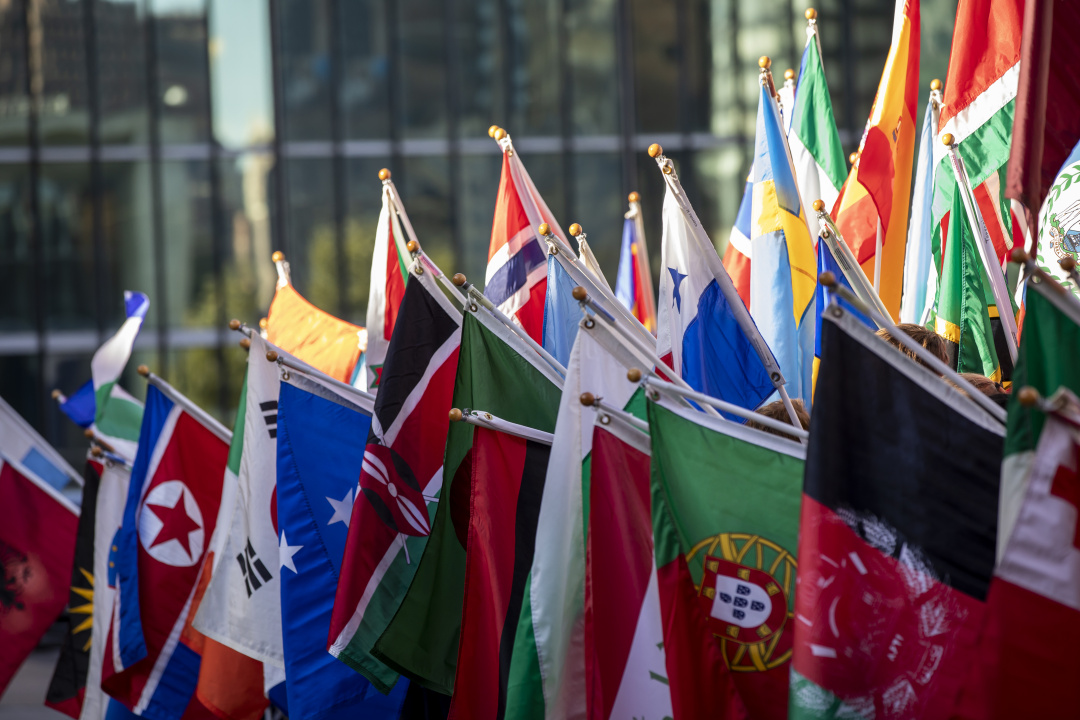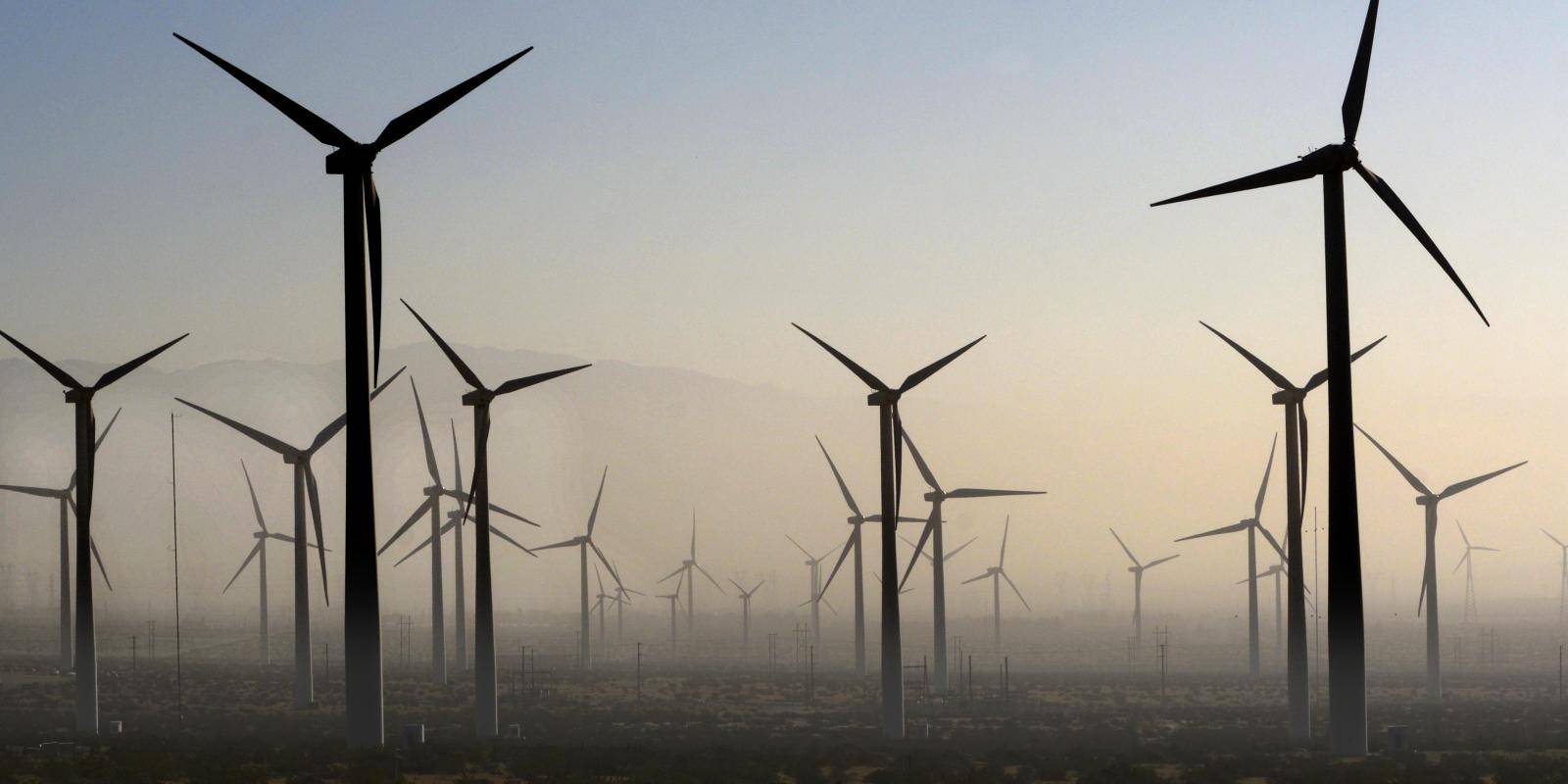In a world that is constantly evolving, shifting geopolitical landscapes, technological advances, environmental changes, and cultural shifts all contribute to a phenomenon that can be summarized as “changing horizons.” But what does it really mean to have shifting horizons, and how does this influence the global political scene? Changing horizons encompass the broadening and redefining of political, economic, and social perspectives. These changes are not just gradual—they can be sudden and often unpredictable, dramatically impacting national and international relationships.
In this article, we will delve into the core dimensions of how evolving horizons shape global politics, focusing on the interplay of technology, climate change, economic trends, geopolitical reorientations, and social movements. Through these lenses, we will explore how global politics is being reshaped, how countries adapt to these changes, and what the future might hold.
1. The Technological Horizon: Rewriting Political Boundaries
The rapid advancement of technology has opened new horizons, reimagining the way political systems function and interact. Innovations such as artificial intelligence (AI), quantum computing, and cyber capabilities are dramatically altering not only the fabric of daily life but also the structures of power and governance across the globe.
A. Digital Sovereignty and Cybersecurity
The rise of the internet, social media platforms, and cloud computing has shifted the concept of national sovereignty. Governments are now increasingly concerned with securing digital infrastructures and ensuring their data remains protected.
In recent years, incidents like the Russian interference in the 2016 U.S. presidential election have shown how cyberattacks can destabilize political systems. As countries bolster their cybersecurity defenses, they also engage in cyber warfare, creating a new battleground for geopolitical rivalries.
B. Techno-nationalism and Global Power Shifts
Technological dominance is becoming an essential aspect of global power. The “tech race” between the U.S. and China—especially in fields such as 5G networks, artificial intelligence, and semiconductors—is emblematic of this shift. The U.S. sees China’s technological rise as a challenge to its global supremacy, while China aims to reduce its dependency on foreign technology.
This rivalry has significant implications for global politics, as countries are forced to choose sides, potentially leading to the fragmentation of global supply chains, alliances, and even international standards on technology regulation.
2. Environmental Horizons: The Political Imperative of Climate Change
Climate change is perhaps the most pressing challenge of the 21st century, demanding a recalibration of political priorities. The environmental horizon is no longer about conservation for future generations but about immediate political, economic, and social action.
A. Climate Change and International Diplomacy
International relations have been increasingly shaped by the urgent need for cooperation on climate change mitigation. The Paris Agreement, adopted in 2015, exemplifies the type of global coordination required to address the climate crisis. However, disparities between developed and developing nations on responsibilities and financing have led to tensions.
Climate-related migration is also becoming a political issue, as rising sea levels and extreme weather events push millions from their homes, particularly in regions like the Pacific Islands and sub-Saharan Africa. This migratory pressure is causing tensions between nations regarding refugee policies and resource-sharing agreements.

B. Green Technology and Economic Rivalries
The transition to green energy is generating new economic competition. Nations that lead in renewable energy innovation, such as solar and wind power, stand to gain significant economic leverage. At the same time, countries rich in fossil fuels face challenges as the global demand for oil and coal decreases. In the global south, some economies are deeply reliant on these resources, and their political stability is directly tied to oil and gas prices.
3. Geopolitical Horizons: New Alliances and Shifting Power Centers
The traditional centers of political and economic power—such as Europe and North America—are no longer the only players in global politics. As new economic giants like China, India, and Brazil rise, global politics has become more multipolar.
A. The Rise of China and the Rebalancing of Global Power
The past few decades have seen China’s meteoric rise as a global economic and political power. China’s Belt and Road Initiative (BRI) aims to enhance infrastructure and trade links between Asia, Africa, and Europe, challenging Western-dominated economic structures. While this initiative is seen by some as a form of neo-imperialism, it has also led to stronger political ties and deeper economic cooperation in regions traditionally ignored by Western powers.
China’s increasingly assertive foreign policy, particularly in the South China Sea, has created tensions with the U.S. and its allies. This geopolitical contest reflects the growing struggle for global influence between the East and the West, shifting the political horizon in ways that were once unimaginable.
B. The Fragmentation of Traditional Alliances
The end of the Cold War saw the world largely divided between Western democracies and Eastern bloc countries. Today, however, alliances are becoming more fluid. The European Union faces internal divisions, such as the Brexit departure of the U.K., which weakened the unity of European politics. The rise of populism in various countries, including the U.S., Hungary, and Poland, has challenged the traditional liberal order.
The emergence of new regional powers, such as India, has reshaped the global balance of power. As these countries engage in diplomacy and trade, they are developing alliances that are not necessarily aligned with traditional superpowers.
4. Economic Horizons: Globalization and Its Discontents
Globalization has long been a defining feature of global politics, but as economic horizons shift, so too do the political consequences of a globally interconnected world.
A. The Decline of Traditional Economic Hegemony
Historically, the U.S. dollar has been the dominant global currency, and financial institutions like the World Bank and IMF have shaped the global economic order. However, economic shifts, including China’s growing economic clout and the rise of digital currencies like Bitcoin, are disrupting these structures. The ongoing trade war between the U.S. and China is just one example of how economic rivalry is increasingly being seen as an extension of geopolitical competition.

As economic power becomes more decentralized, global trade dynamics are being rewritten. For example, trade agreements like the Trans-Pacific Partnership (TPP) reflect the desire to create new trading blocs outside of traditional Western-dominated frameworks.
B. The Return of Protectionism
Amid the backlash against globalization, many nations have turned inward. The popularity of protectionist policies, trade tariffs, and nationalistic economic platforms is reshaping political dynamics. These policies are often justified as a means to protect domestic industries from foreign competition but can have wider political ramifications, including the destabilization of international markets and trade routes.
In this new economic horizon, populist movements—whether in the U.S. under Trump or in Brazil under Bolsonaro—are gaining traction as they promise to put “national interests” first, leading to a reevaluation of international economic agreements.
5. Social Horizons: Global Movements and Cultural Shifts
Finally, shifting social horizons are at the heart of a broader transformation in global politics. Social movements, identity politics, and shifting cultural values are influencing political discourse and governance at all levels.
A. The Impact of Social Movements on Global Politics
The rise of social movements such as Black Lives Matter, #MeToo, and climate activism reflects the growing power of collective action in the digital age. These movements transcend national borders, using social media to spread awareness, mobilize supporters, and challenge existing political structures.
For example, the global youth climate strike, inspired by Swedish activist Greta Thunberg, has become a force that presses world leaders to take action on environmental policy. Social movements like these are reshaping political agendas, urging leaders to prioritize issues like environmental justice, gender equality, and human rights.
B. The Politics of Identity and Global Nationalism
At the same time, identity politics is reshaping political discourse, both within countries and across borders. Issues of race, gender, and ethnicity are becoming more prominent in political campaigns, with political parties and movements seeking to either embrace or reject these issues.
This has led to the rise of nationalistic movements in some countries, while others push for more inclusive, globalist frameworks. The tension between nationalism and globalism will be a defining feature of global politics in the coming years, as countries grapple with the pressures of maintaining their cultural identity while participating in a rapidly changing world.
Conclusion: Adapting to New Horizons
As the political landscape continues to shift in response to technological advancements, environmental challenges, new economic realities, and social movements, the horizons of global politics are being constantly redefined. The interplay of these factors creates both opportunities and challenges for nations as they navigate this rapidly changing terrain.
Countries that can effectively adapt to these shifting horizons—whether through technological innovation, green energy transitions, or diplomatic savvy—will have a decisive edge in the new global order. Conversely, those that resist change or fail to evolve risk falling behind. Ultimately, understanding the ways in which changing horizons impact global politics is not just an academic exercise; it is essential for policymakers, leaders, and citizens alike as they look to shape the future of global governance.























